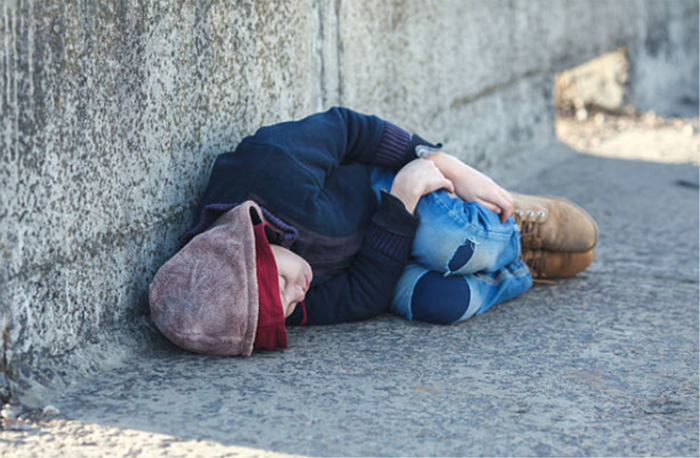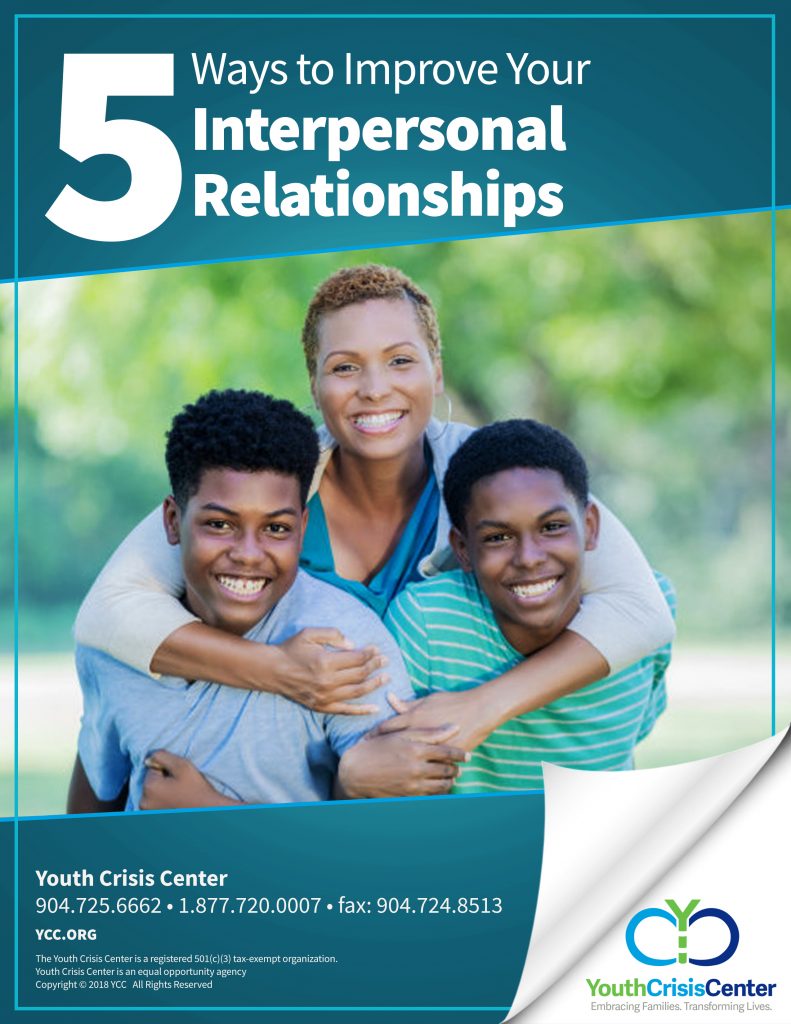For many families, November is a month filled with Thanksgiving dinners, family gatherings and the kick-off of holiday shopping. Yet, for millions of other young people, their reality couldn’t be further from these festivities. The National Runaway Switchboard estimates that on any given night there are approximately 1.3 million homeless youth living unsupervised on the streets, in abandoned buildings, or with friends or strangers. National Homeless and Hunger Awareness Month, recognized in November, is an annual awareness event where people across the country draw attention to the problems of hunger and homelessness through educational, service, fundraising and advocacy events.
Homelessness and Hunger Go Hand in Hand
Unfortunately, homelessness and hunger go hand-in-hand for America’s youth. Every state in the country faces a flood of young people with no place to call home. Florida’s warmer climates prove to be an even bigger draw for young people on the move to find a safe haven. In 1974, former Jacksonville Councilwoman Gwen Yates founded the Transient Youth Center to provide a safe shelter space for runaway youth. She initially battled the stigma that runaway or homeless teenagers are troubled, damaged or dangerous. She and others prevailed to create a safe space that would become the model for the entire state. In 1982, the center was re-named the Youth Crisis Center. Over the next few decades, it shifted focus from solely serving “at-risk” youth to including their families that are also impacted by traumatic life events like drug use, domestic abuse, bullying, divorce or the loss of a parent or sibling.
Expanding SAFE PLACES
Fast forward 43 years and YCC remains a steadfast leader in operating SAFE PLACE in Northeast Florida, the only national outreach program for at-risk kids in danger on our streets. There is currently an intense effort to expand the SAFE PLACE program because of the urgency regarding the rapid increase in child sex trafficking and additional risk for homeless LBGTQ youth. “The frightening speed at which sex trafficking is growing in our community has us connecting with current SAFE PLACE locations to make sure they are up-to-date on what it means to be a SAFE PLACE,” said Kim Sirdevan, YCC president and CEO. “We are also expanding our training to ensure we are aware of the signs of youth sex trafficking, as well as how to properly intervene when a youth is being trafficked.” Runaway, homeless, and young people trying to escape sex traffickers, can find immediate help by entering any location displaying a SAFE PLACE sign. The child at risk will be immediately connected to YCC and transported home or to the shelter.
House of Hope
The House of Hope is the next step for YCC to create a safe space for young adults 18-24 years old, who identify as LGBTQ, and are being stigmatized, discriminated against or are the targets of violence. “The YCC House of Hope will be a beacon to young people who have had the crushing experience of alienation from family support,” explained donor Delores Barr Weaver. “We need to embrace them so that they may gain the footing they need to be productive, good citizens in our community.” YCC is supported by a $100,000 fund-matching grant from the Delores Barr Weaver Fund to help launch the new, nine-bed House of Hope emergency homeless shelter.
Transformational Partnerships
Another challenge facing families and displaced children is hunger. In America, 1 in 6 children may not know where they will get their next meal. YCC partnered with Feeding Northeast Florida in 2018 to provide meals for children, families and young adults participating in several programs on its campus. In 2017, YCC provided more than 22,302 meals just for the children in its Residential Crisis Care program.
By connecting millions of pounds of rescued food to a network of over 160 social service agencies and programs like YCC, City Rescue Mission, Sulzbacher Center and Salvation Army, these hunger-relief partners are able to provide not only food to those in need, but also services that can help these families and individuals end the cycle of poverty. Services might include programs like job training or placement, low-cost childcare, SNAP benefits, medical care, affordable housing and counseling. “As the region’s largest hunger-relief network, we are proud to forge this relationship with the Youth Crisis Center,” said Feeding Northeast Florida president and CEO Frank D. Castillo. “Through strategic partnerships like this one, we are collaboratively helping to transform our community.”
Are you concerned about relationship issues with your child or between family members? The Youth Crisis Center’s Outpatient Behavioral Health program provides comprehensive mental health and psychiatric care to children as young as 3, as well as their families. Parents may receive individual and family counseling services regardless if their child is a YCC client. Click to learn more about 5 Ways to Improve Your Interpersonal Relationships.


